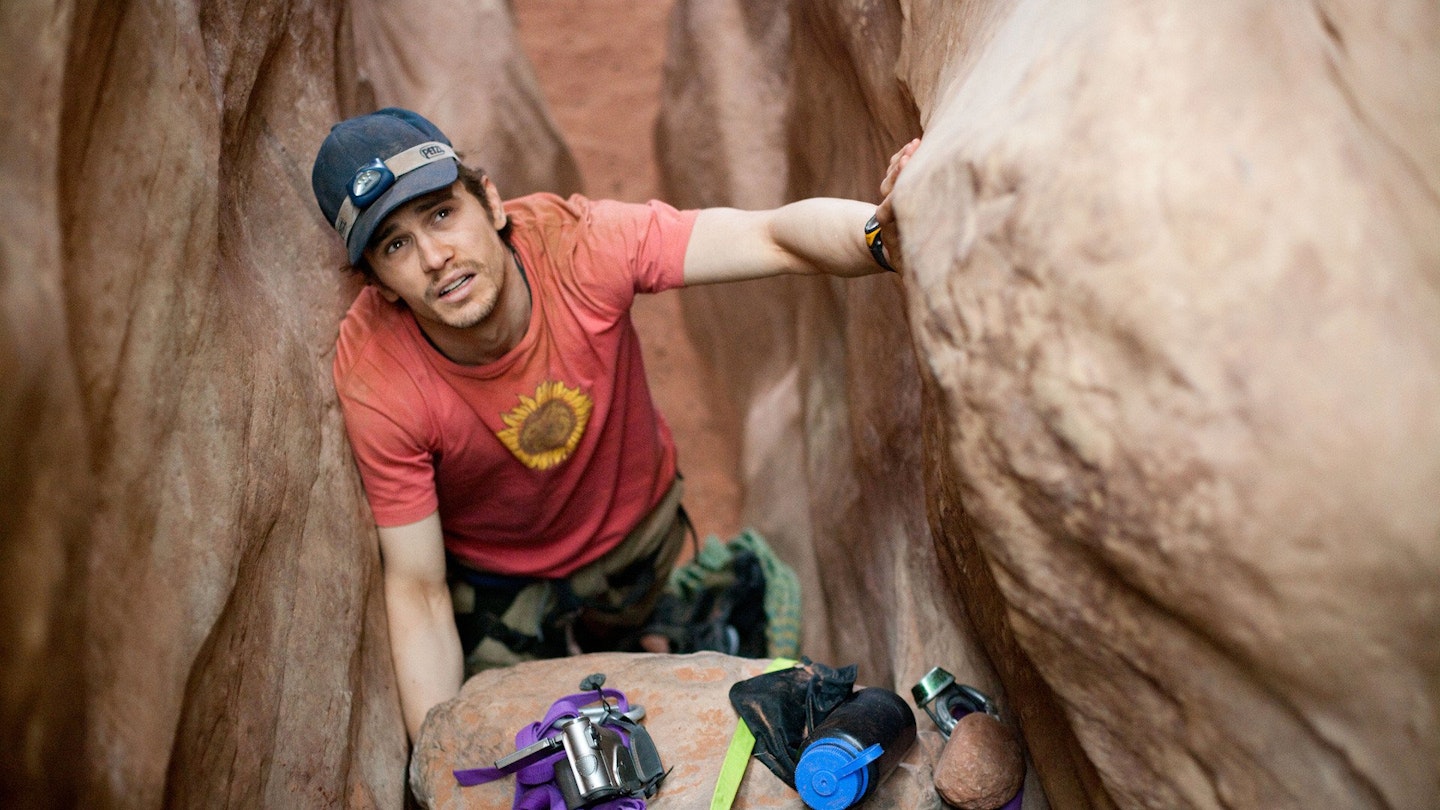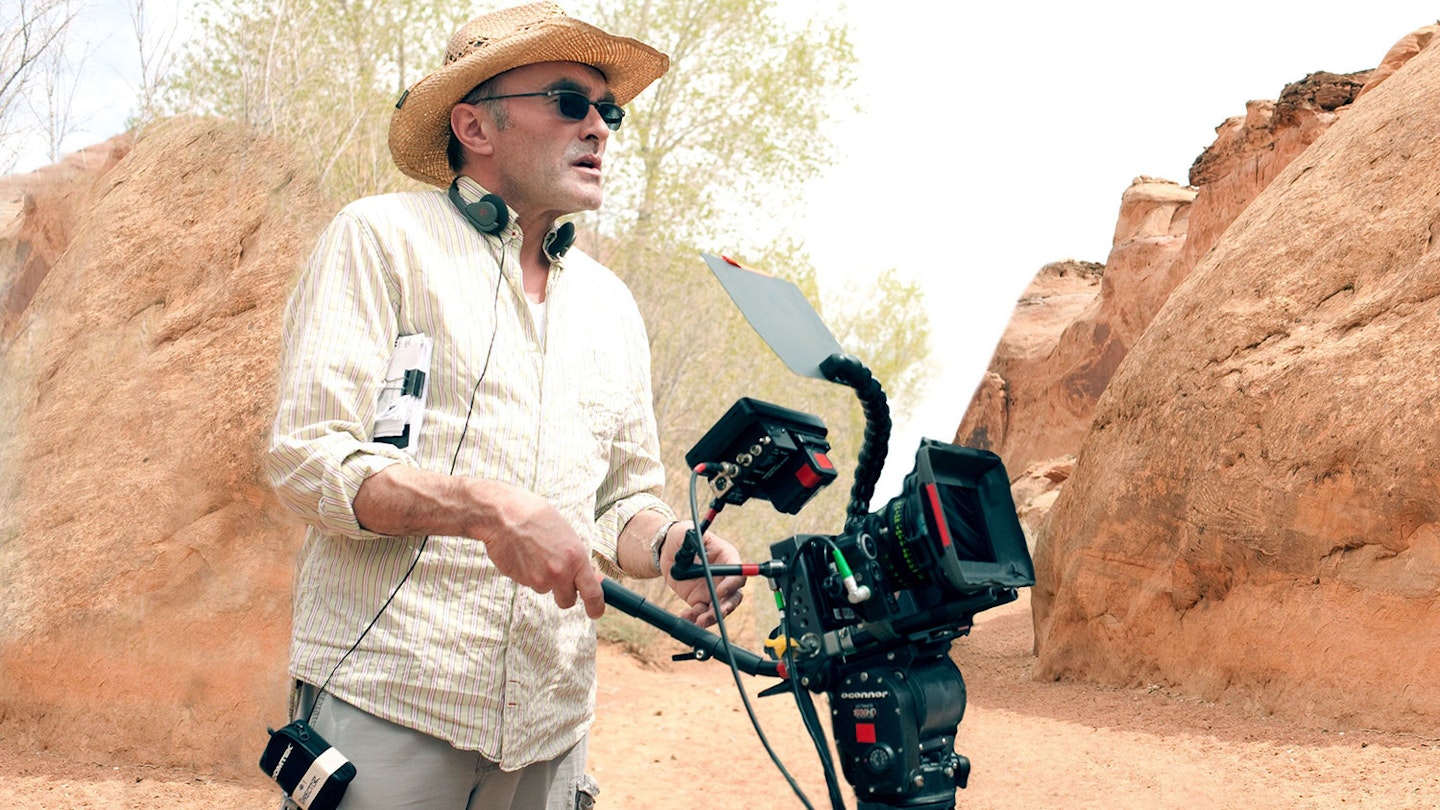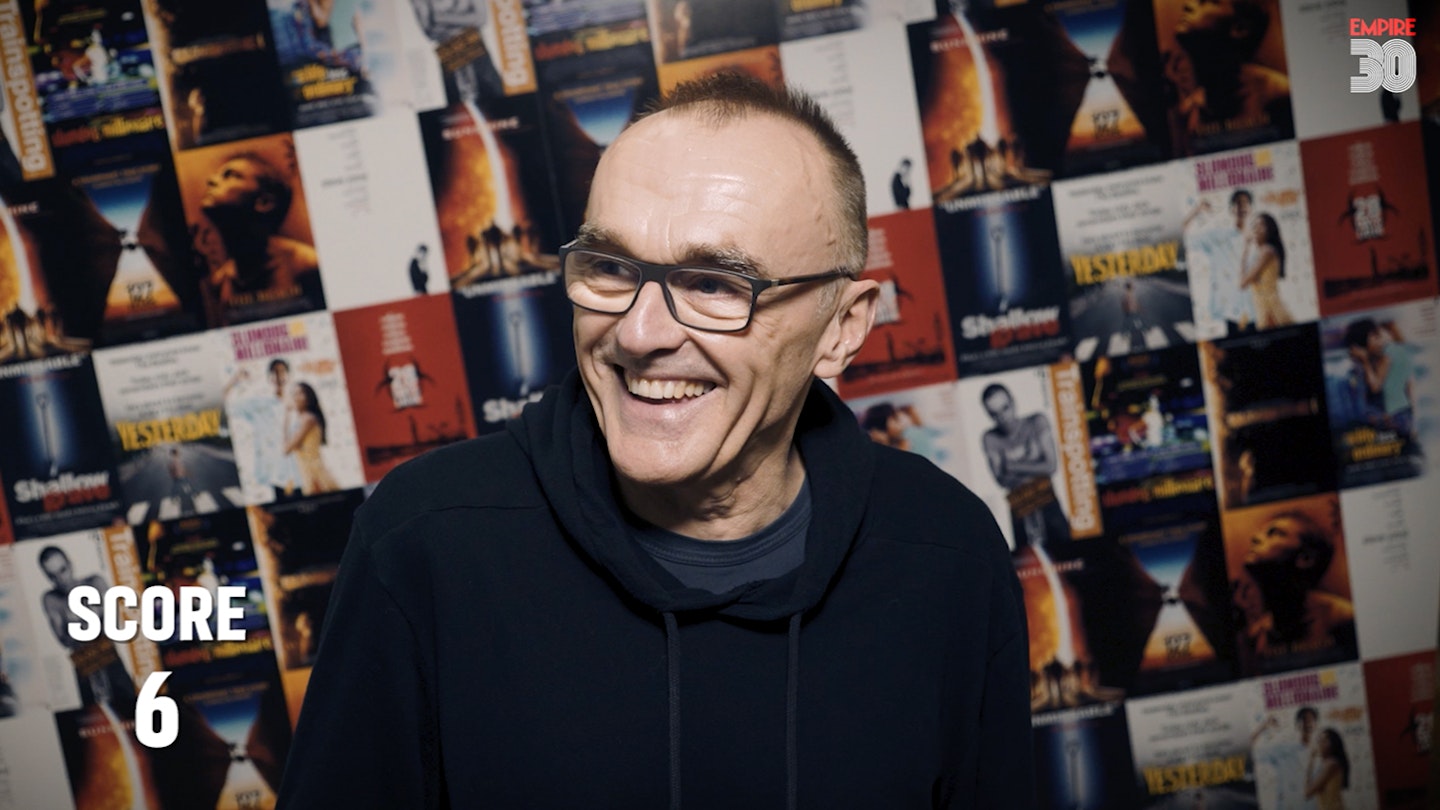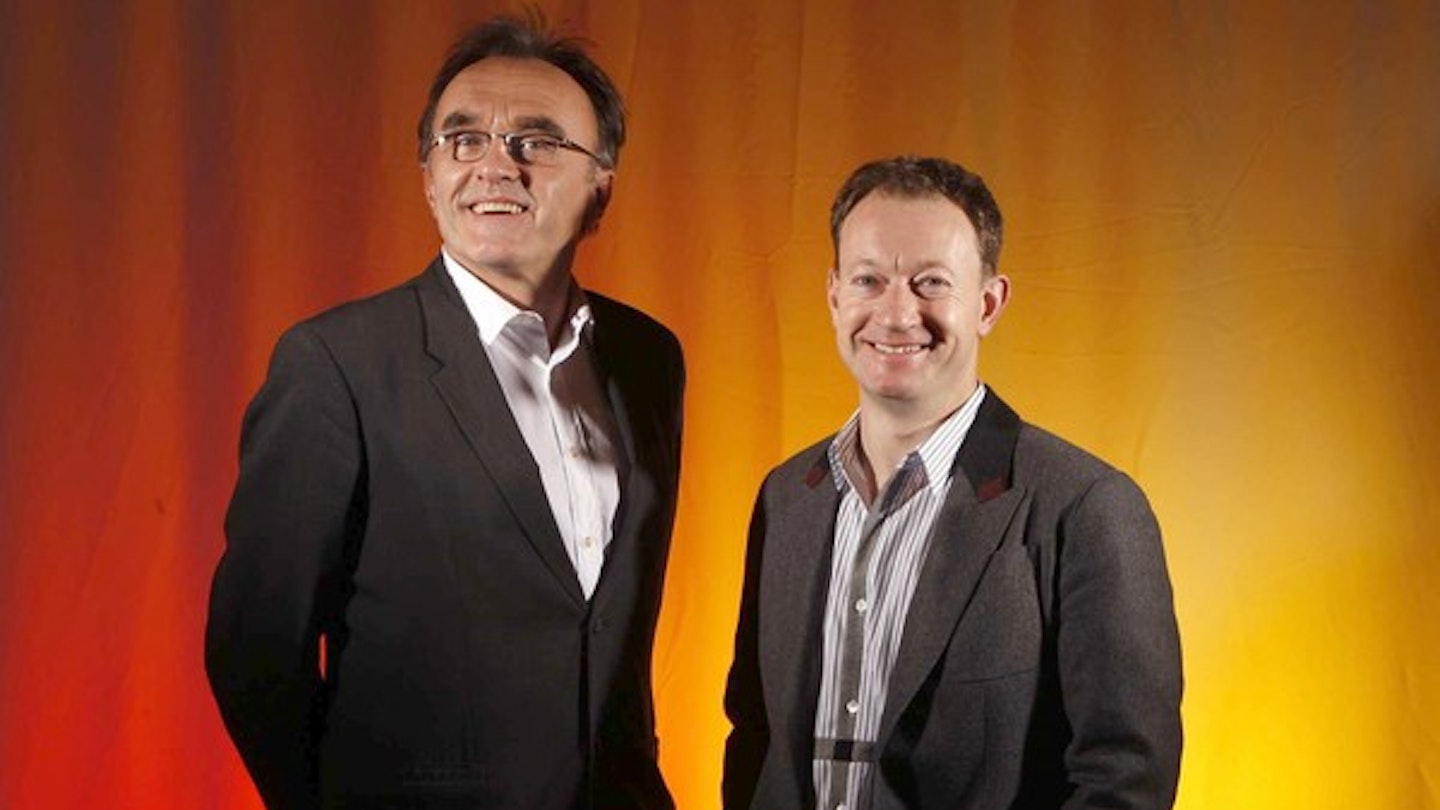Aron Ralston reputedly charges $37,000 for personal appearances as a motivational speaker outside the US, but after seeing 127 Hours, you may wonder what he could possibly have to tell you that a ten-year-old couldn’t. Don’t go out to remote areas without telling your mother where you’re going? Don’t stray too far from the path? Don’t show off? On the surface, 127 Hours shouldn’t really work, because its tensions are so counter-intuitive. This is not one of those survival stories that could happen to any of us: it’s a very particular story that could only happen to a certain type of individual. Some would call him an adventurer, others a maverick. But many more would have a rather less reverent opinion. They’d say Aron Ralston was an arse.
The wonderful thing about 127 Hours, though, is that it doesn’t shy from this fact. It’s not a film about superheroism, necessarily, because this is about a man who uses the same skill sets to get him out of his jam that got him into it. It’s not even about those hidden reserves of power we supposedly have when faced with a crisis, because most of us wouldn’t have the resolve to do what Ralston did, no matter how desperate. And it’s not an issue movie; there is nothing and nobody else to blame — Ralston literally fell victim to his own ego. No, 127 Hours is a film about optimism, about how one man, arguably not a very smart man, took charge of his destiny and turned things right around.
This vibrancy is there right from the start. We’ve known that Danny Boyle can work wonders with dark subject-matters: in Slumdog Millionaire families endure unimaginable poverty, women are forced into prostitution and child beggars have their eyes gouged out by evil Fagins — even if it was described by the News Of The World as “the feel-good film of the decade”. But 127 Hours takes it to a whole new level, kicking off with a split-screen credit sequence that plays like a hyperactive Coke Zero ad, transposing solo images of James Franco-as-Ralston against vivid crowd scenes, not so much showing him as a loner but as a micro-unit in the teeming metropolis of life.
This sense of scale is important, since Boyle’s film does have a certain spiritual element to it. In a way, the story is practically a Biblical parable, since it involves many of the elements you might find in the scriptures: hubris, repentance and deliverance. It doesn’t get much clearer than the moment when, in the Utah dark, Ralston sees a cycling team in his rear-view mirror and exchanges a glance with their leader, who seems to be sending him the same psychic message we are: you’re going the wrong way... Because we know more than anyone that no good can come of this, and even if you don’t quite know what destiny has in store for Ralston — good luck with avoiding spoilers — there’s something about his sheer confidence, his jaunty manner, that surely must be tested.
Boyle has fun with this part of the story, playing on our expectations in the build-up to the big plunge. There’s no preamble as such, just a good 15 to 20 minutes or so of Ralston in the wild, enjoying the scenery, meeting some girls, showing them the sights. And when he falls, it’s almost an anticlimax. Is this it? Ralston doesn’t even seem to notice himself at first, and even when he does, there are no histrionics. And if there’s a problem with the film, it’s perhaps this. As the days unfold, the timing becomes a little abstract and what starts as a dramatic countdown disintegrates into markers. Indeed, the title might be a touch misleading to those expecting a race-against-time thriller in the standard sense, because, in isolation, time begins to mean nothing to our trapped protagonist.
And, as Ralston, Franco does his best to convey this. At times it feels as though he’s channelling American Pie’s Stifler with his goofy grin and astonishing insistence on seeing the glass half-full. This is the kind of guy to whom shit happens when he parties naked, who takes several days to figure that, y’know, he might, like, die out there, and Franco handles that slow, awful dawning with poignant subtlety. Using his camera as a confessional, Ralston plays the fool, then the stiff-upper-lip hero, and as the battery powers down, he starts to examine his life. Time is really running out by now; Ralston is drinking his own piss, drifting in and out of a starved delirium, fully aware he’s at the mercy of the fickle elements. And his epiphany — whose fault is this? — is the film’s turning point. This is its Damascene Conversion, and Boyle places it perfectly in the movie to lead us into the final, gruelling, not-for-viewers-of-a-nervous-disposition reel.
What Ralston does to get free is a thing of gruesome, nauseating wonder, but Boyle doesn’t linger on the horror. Instead, he portrays it for what it is: a painful liberation. And this is the film’s most magnificent achievement; though it appears to be about all sorts of grim nonsense, the actual message is not simply one of hope, but one delivered with a zen-like calm, a soothing voice that whispers, “This too shall pass,” in Boyle’s lovely Lancashire burr. Ralston may be a tit, but Boyle’s film isn’t making a deal of this. Quite the opposite: Aron Ralston is simply a guy who turned his life around, just as we can and should in any hemmed-in circumstance of our own making. It’s a simple but rather lovely point, and thanks to Boyle, you won’t have to pay $37k for the privilege of hearing it.








